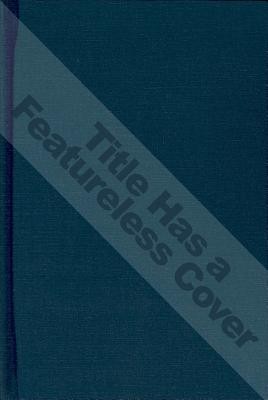
- We will send in 10–14 business days.
- Author: Kathleen Hughes
- Publisher: ACLS HISTORY E BOOK PROJECT
- ISBN-10: 159740067X
- ISBN-13: 9781597400671
- Format: 15.2 x 22.9 x 2.2 cm, kieti viršeliai
- Language: English
- SAVE -10% with code: EXTRA
Reviews
Description
In The Church in Early Irish Society, Dr. Hughes gives an account of the problems which arose when the organization of the Christian church, imported from the urban bureaucracy of the Roman Empire, had to be adapted to the heroic society of early Ireland. How was church government in Ireland brought into line with the secular law, and were the changes made without protest? Dr. Hughes finds the key to these questions in legal texts of the sixth, seventh and eighth centuries, and attempts, through them, to trace the gradual process of modification which culminated in the eighth century, when the church, now fully adjusted to Irish society, reached a so-far unprecedented height of power and influence. In the ninth century the Viking raids and settlements provided new problems: did they really bring about a decline in the spiritual vitality of the church and degeneracy in her institutions, as is often supposed? It is for answers to questions like these that Dr. Hughes searches the contemporary sources for each period that she examines, tracing the history of the church up to the twelfth century. The main emphasis of the book is on the church as an institution, but it also asks what Christianity meant to different people at different times, and illustrates some of Ireland's contacts with England and the continent.
EXTRA 10 % discount with code: EXTRA
The promotion ends in 23d.18:35:14
The discount code is valid when purchasing from 10 €. Discounts do not stack.
- Author: Kathleen Hughes
- Publisher: ACLS HISTORY E BOOK PROJECT
- ISBN-10: 159740067X
- ISBN-13: 9781597400671
- Format: 15.2 x 22.9 x 2.2 cm, kieti viršeliai
- Language: English English
In The Church in Early Irish Society, Dr. Hughes gives an account of the problems which arose when the organization of the Christian church, imported from the urban bureaucracy of the Roman Empire, had to be adapted to the heroic society of early Ireland. How was church government in Ireland brought into line with the secular law, and were the changes made without protest? Dr. Hughes finds the key to these questions in legal texts of the sixth, seventh and eighth centuries, and attempts, through them, to trace the gradual process of modification which culminated in the eighth century, when the church, now fully adjusted to Irish society, reached a so-far unprecedented height of power and influence. In the ninth century the Viking raids and settlements provided new problems: did they really bring about a decline in the spiritual vitality of the church and degeneracy in her institutions, as is often supposed? It is for answers to questions like these that Dr. Hughes searches the contemporary sources for each period that she examines, tracing the history of the church up to the twelfth century. The main emphasis of the book is on the church as an institution, but it also asks what Christianity meant to different people at different times, and illustrates some of Ireland's contacts with England and the continent.


Reviews